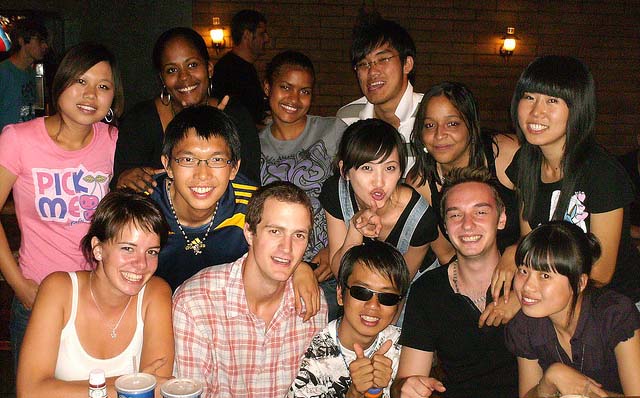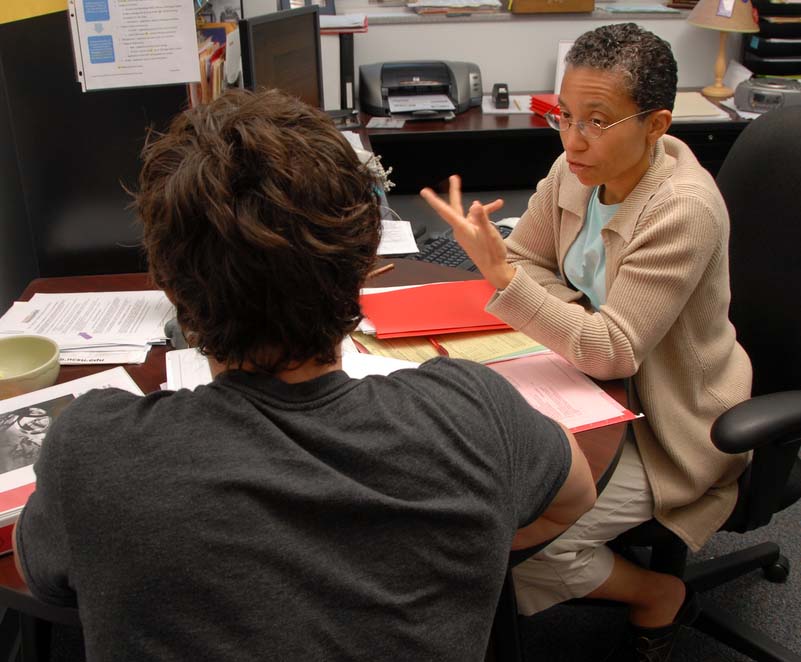
Your Grade Point Average (GPA) tells how you’re doing in college; it is the ultimate indicator of whether or not you’re competitive. The final grade you make for a class matters because its impact on your GPA. It’s your GPA that determines what your future is going to look like.
You are competing with the students in your school as well as with students from all across the U.S. and all over the world. In the U.S. alone, there are 3,000 four-year degree-granting institutions, add another 10,000 institutions of higher education globally and you get some idea of how wicked the competition for internships, jobs or graduates school is. If you don’t have at least a 3.0 GPA, some employers and programs will not even consider you – anyone with a 3.0 or higher may have a better shot at the life you want.
Before the end of every semester, estimate your GPA to figure out if the GPA you want is within your reach. You don’t need final grades in your current classes to estimate the GPA you’re going to end the semester with. I developed a Grade Point Average Estimator© that is available through this link or at www.granvillesawyer.com/resources that can estimate your GPA whenever you want.
Follow the instructions on the College in Four Years Grade Point Average Estimator© to see what GPA you’ll complete your coursework with. If you’re not satisfied with the estimate – now is the time to make the changes necessary to ensure your GPA predicts the future you want.


 In the last post, I talked about how to use your textbook to prepare for and get the most out of your classes. You’re a few weeks into the semester so you’re probably preparing for a test on the material you’ve covered so far – let’s talk about how you prep for that.
In the last post, I talked about how to use your textbook to prepare for and get the most out of your classes. You’re a few weeks into the semester so you’re probably preparing for a test on the material you’ve covered so far – let’s talk about how you prep for that.



